If you’re reading this while uncomfortably shifting in your chair, you’re not alone. Over 16% of adults struggle with chronic constipation daily.
Modern diets packed with processed foods steal essential fiber from your plate. This leaves your digestive system sluggish and completely blocked. The result? Days of uncomfortable bloating and endless frustration.
Here’s the breakthrough you need. Simple food swaps can transform your digestive health in just 24 to 72 hours. You’ll discover 10 scientifically-backed high fiber foods constipation experts swear by, plus 5 sneaky processed foods secretly sabotaging your gut. Get exact serving sizes, preparation methods, and proven tips from registered dietitians for lasting constipation relief.
🔥 Top Healthcare Trends Taking Over 2025
📊 The Gut Health Crisis: By The Numbers
Top Health Priority
More than pain or allergies
IBS Cases Since Pandemic
Stress made it worse
Stomach Issues Rise
Post-COVID impact
🎯 3 Simple Steps to Fix Your Gut Health
Eat More Fiber
Your gut bacteria need food. Fiber feeds the good guys and helps them grow stronger.
Cut The Junk
Processed foods hurt your gut lining. Your stomach can’t handle fake ingredients.
Manage Stress
Your gut has more nerve cells than your spine. Stress messes with digestion.
📝 25 Trending Health Article Ideas by Category
💡 Key Healthcare Insights for 2025
What This Means for Your Health Content
Constipation makes you feel awful. Your stomach hurts. You feel bloated. You can’t go to the bathroom normally. This happens when you don’t get enough fiber in your diet.
Fiber helps food move through your body. It adds bulk to your stool and makes it softer. When you eat high fiber foods regularly, your digestive system works better. You feel lighter and more comfortable.
The good news? You can fix this problem naturally. These 10 foods that relieve constipation will get things moving again. Each one packs serious fiber power plus extra benefits for your health.
1. Prunes (12g fiber per cup)
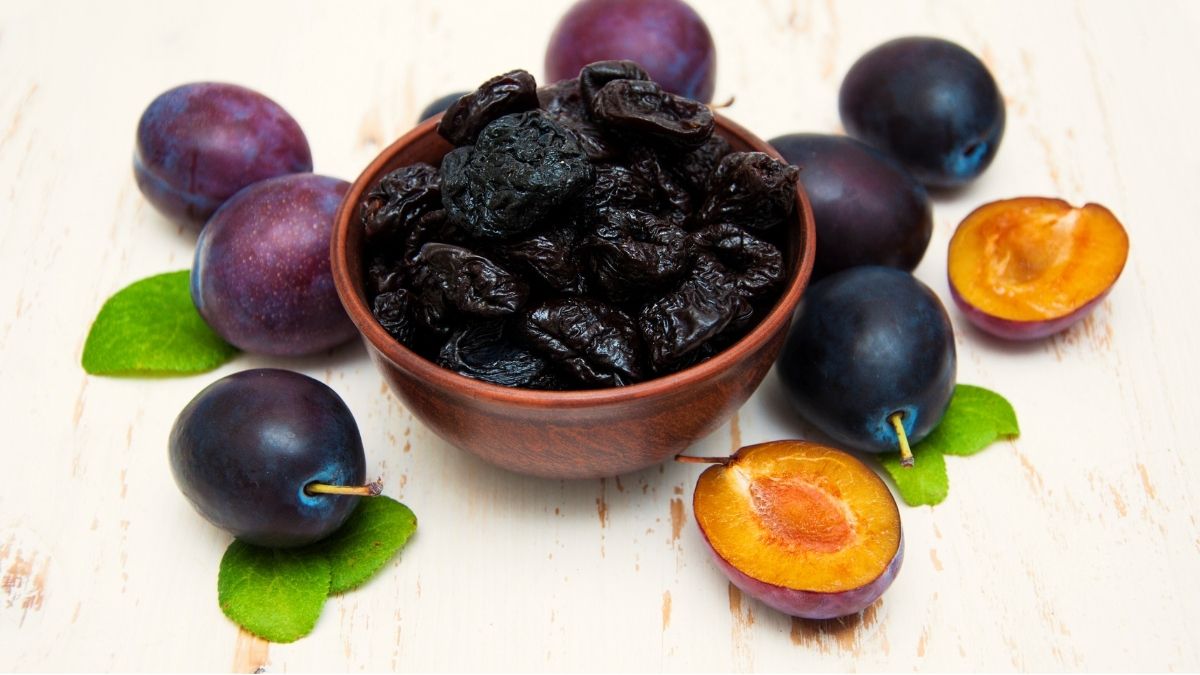
Prunes are nature’s best natural constipation relief. One cup gives you 12 grams of fiber. That’s almost half of what you need each day.
But prunes work in a special way. They contain sorbitol, a natural sugar that acts like a gentle laxative. Sorbitol pulls water into your intestines and softens your stool. This makes it much easier to go.
Eat 6-8 prunes every day for the best results. Have them in the morning with a big glass of water. The water helps the fiber do its job better. You can eat them plain or chop them up in your oatmeal.
Don’t expect instant results. Give prunes 2-3 days to work their magic. Your body needs time to adjust to the extra fiber. Start with fewer prunes if you’re not used to eating high fiber foods.
2. Chia Seeds (10g fiber per ounce)
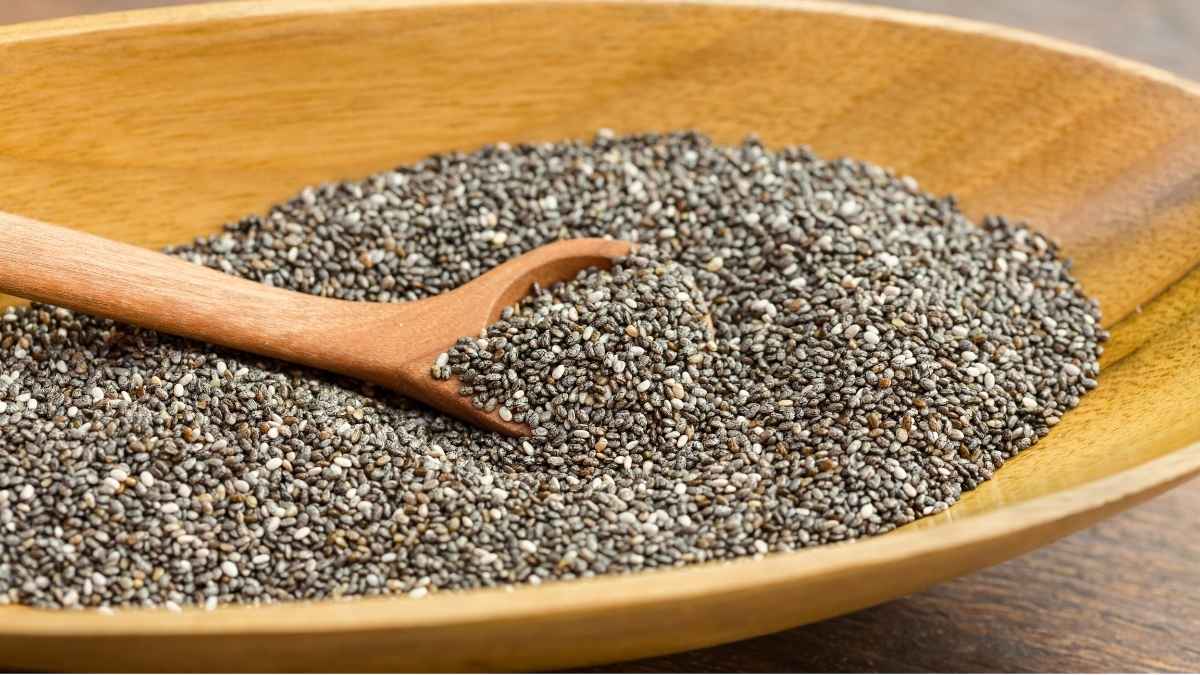
Chia seeds are tiny but mighty. Just one ounce gives you 10 grams of fiber. That’s more fiber than most people eat in a whole day.
These seeds do something amazing in your stomach. When they get wet, they form a gel. This gel helps food move smoothly through your digestive tract. It also makes you feel full longer.
Making chia pudding is easy. Mix 2 tablespoons of chia seeds with half a cup of milk. Add a little honey or vanilla. Let it sit in the fridge for 20 minutes. The seeds will absorb the liquid and create a pudding texture.
Remember to drink lots of water when you eat chia seeds. The fiber needs water to work properly. Without enough water, chia seeds can actually make constipation worse. Aim for at least 8 glasses of water throughout the day.
3. Artichokes (10g fiber per medium artichoke)
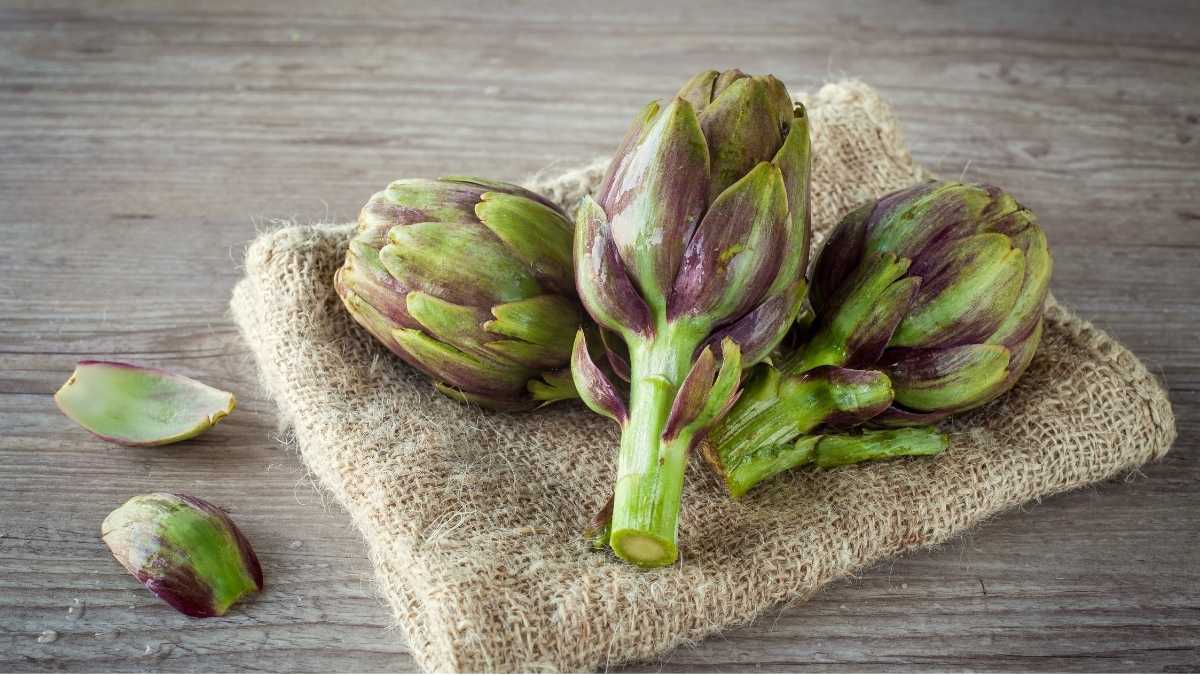
One medium artichoke delivers 10 grams of fiber. That’s impressive for a single vegetable. Artichokes also contain inulin, a special type of fiber that feeds good bacteria in your gut.
Inulin works like fertilizer for your digestive system. It helps healthy bacteria grow and multiply. These bacteria make your whole digestive system work better. They also help your body absorb nutrients from food.
Fresh artichokes taste better, but frozen ones work just as well. Frozen artichokes are often cheaper and last longer. Steam fresh artichokes for 25-30 minutes until the leaves pull off easily. You can microwave frozen artichoke hearts in just 3-4 minutes.
Try dipping artichoke leaves in lemon butter or olive oil with garlic. The healthy fats help your body absorb vitamins better. You can also add artichoke hearts to salads, pasta, or pizza.
4. Raspberries (8g fiber per cup)
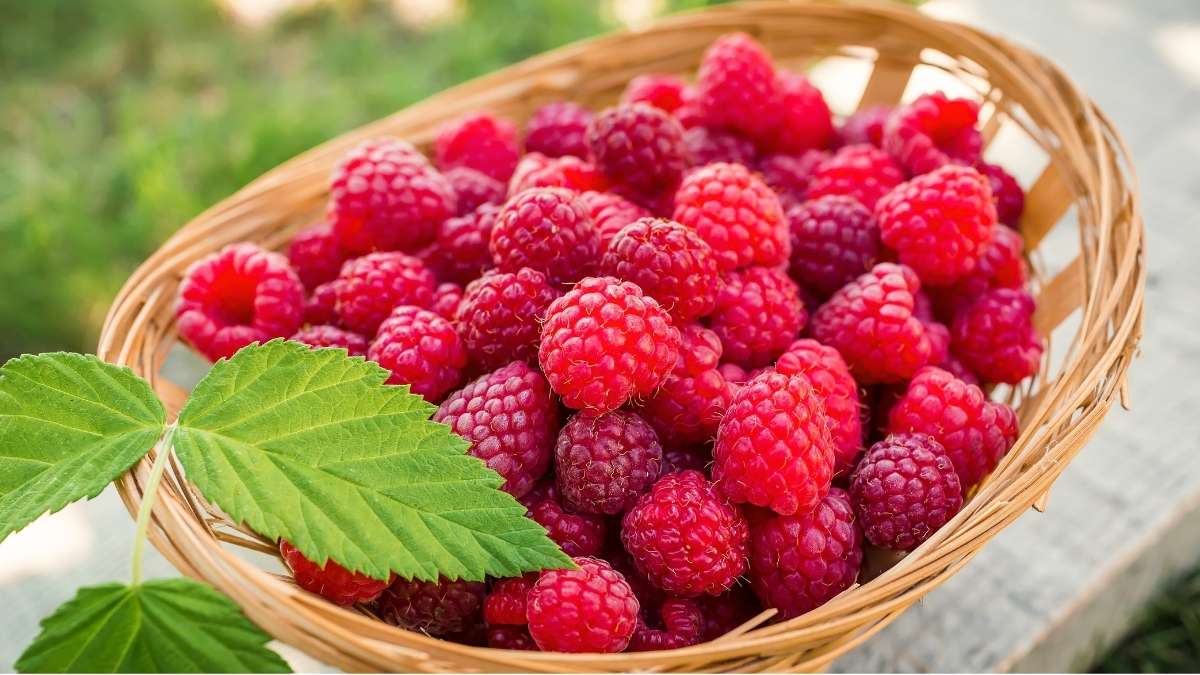
Raspberries pack 8 grams of fiber per cup. They’re also loaded with antioxidants that fight inflammation in your body. This double benefit makes them perfect for digestive health.
These berries are easy to add to your day. Throw them in smoothies, sprinkle them on yogurt, or eat them plain as a snack. They taste great and help keep your digestive system moving.
Fresh raspberries are delicious but expensive. Frozen raspberries have the same nutrition and cost much less. Keep a bag in your freezer so you always have them ready. Frozen berries work great in smoothies and oatmeal.
The tiny seeds in raspberries add extra fiber. Don’t worry about eating them. Your body can handle the seeds just fine. They actually help scrub your intestines clean as they pass through.
5. Oatmeal (4g fiber per cup)
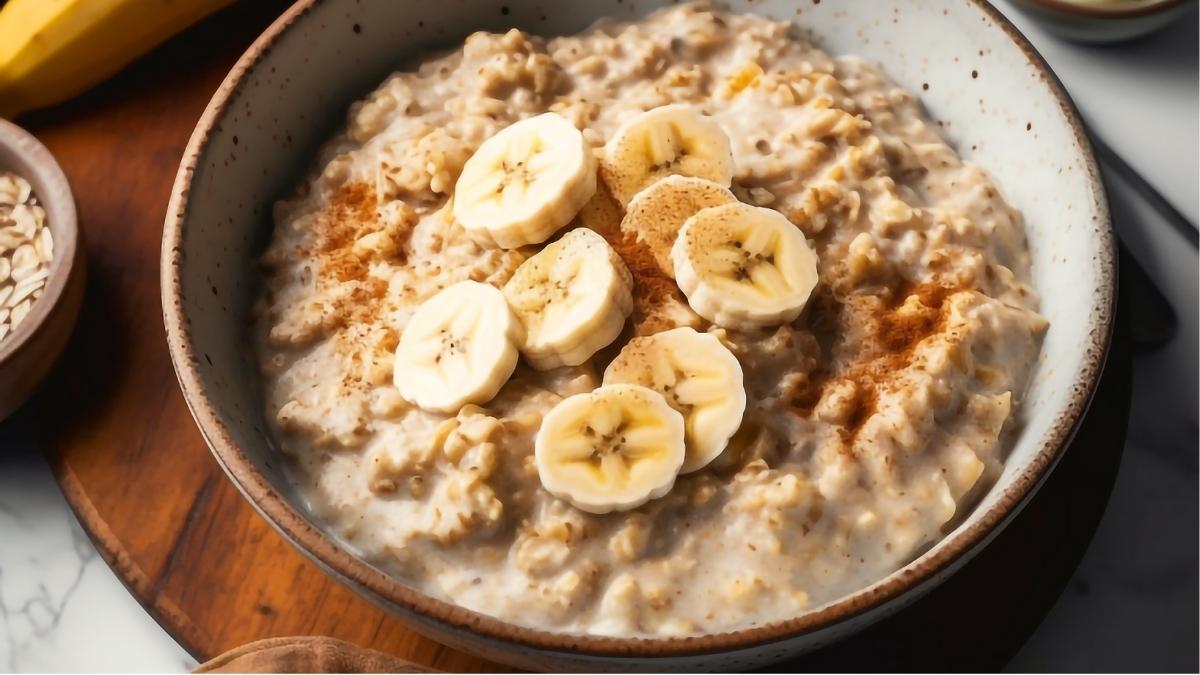
Oatmeal gives you 4 grams of fiber per cup. It contains beta-glucan, a special type of soluble fiber. This fiber absorbs water and creates a gel in your stomach. The gel helps slow digestion and keeps you full longer.
Steel-cut oats have more fiber than instant oats. They take longer to cook but taste better and keep you satisfied longer. Instant oats still help with constipation, just not as much. Both types work better than sugary cereals.
Make your oatmeal more powerful by adding fiber-rich toppings. Try sliced bananas, berries, chopped nuts, or ground flaxseed. These add extra fiber and make your breakfast taste better.
Cook your oats with milk instead of water for extra protein. Add a spoonful of almond butter or peanut butter for healthy fats. These additions help balance your blood sugar and keep you full until lunch.
6. Black Beans (15g fiber per cup)
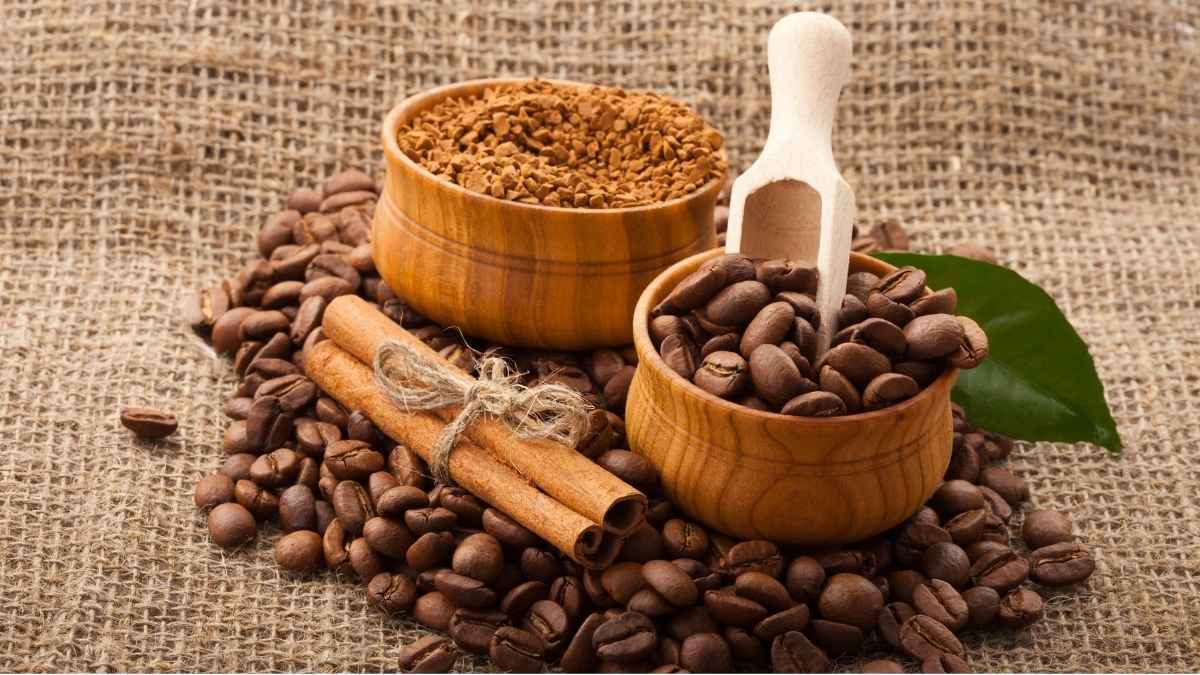
Black beans are fiber champions. One cup contains 15 grams of fiber. That’s more than half of what you need each day. They’re also complete proteins, giving you all the amino acids your body needs.
Some people avoid beans because they cause gas. You can reduce this problem by soaking dried beans overnight before cooking. Rinse canned beans well before eating them. Start with small portions and slowly increase the amount you eat.
Add black beans to soups, salads, burritos, and rice dishes. They absorb flavors well and make meals more filling. You can also mash them up as a healthy dip with some lime juice and spices.
Canned beans are convenient and nutritious. Look for low-sodium versions when possible. Rinse them well to remove extra salt. Dried beans cost less but take more time to prepare.
7. Pears with Skin (6g fiber per medium pear)
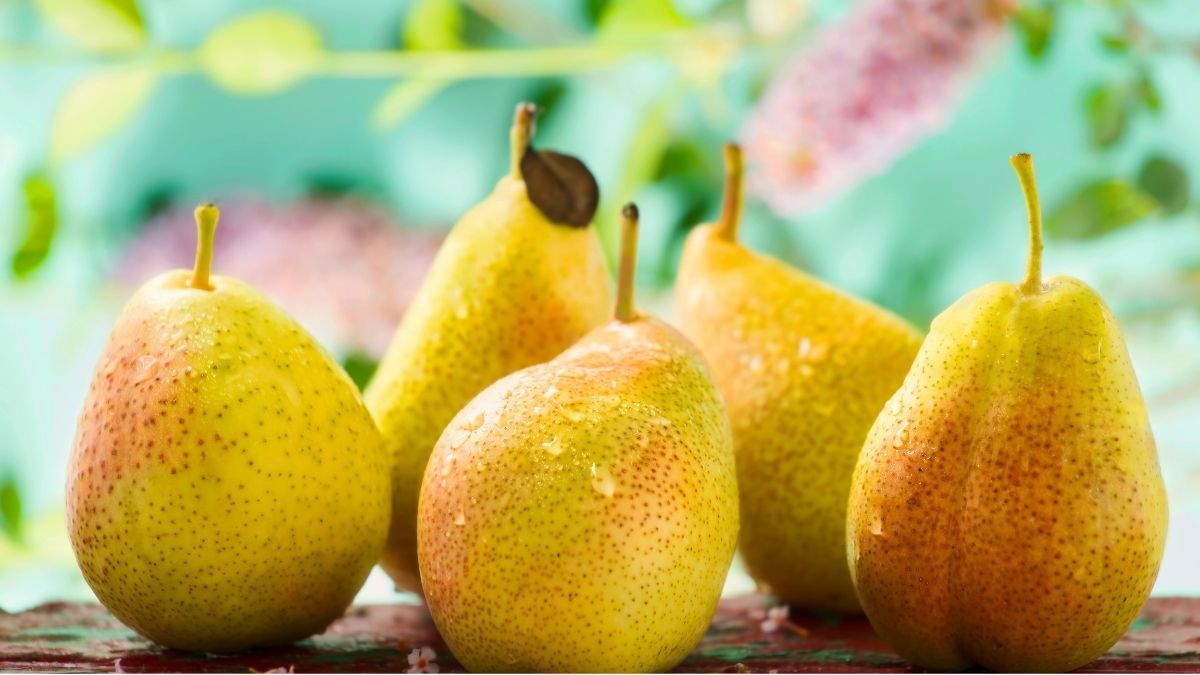
A medium pear with skin provides 6 grams of fiber. Most of that fiber sits in the skin, so don’t peel it off. The skin also contains pectin, a type of fiber that helps regulate digestion.
Choose pears that give slightly when you press them. Too hard means they’re not ripe yet. Too soft means they’re overripe. Ripe pears are sweeter and easier to digest.
Store unripe pears on your counter until they soften. Once ripe, put them in the fridge to slow down ripening. They’ll stay good for about a week in cold storage.
Pears taste great on their own or sliced into salads. Try them with cheese for a satisfying snack. You can also bake them with cinnamon for a healthy dessert. The natural sweetness means you don’t need added sugar.
8. Broccoli (5g fiber per cup)
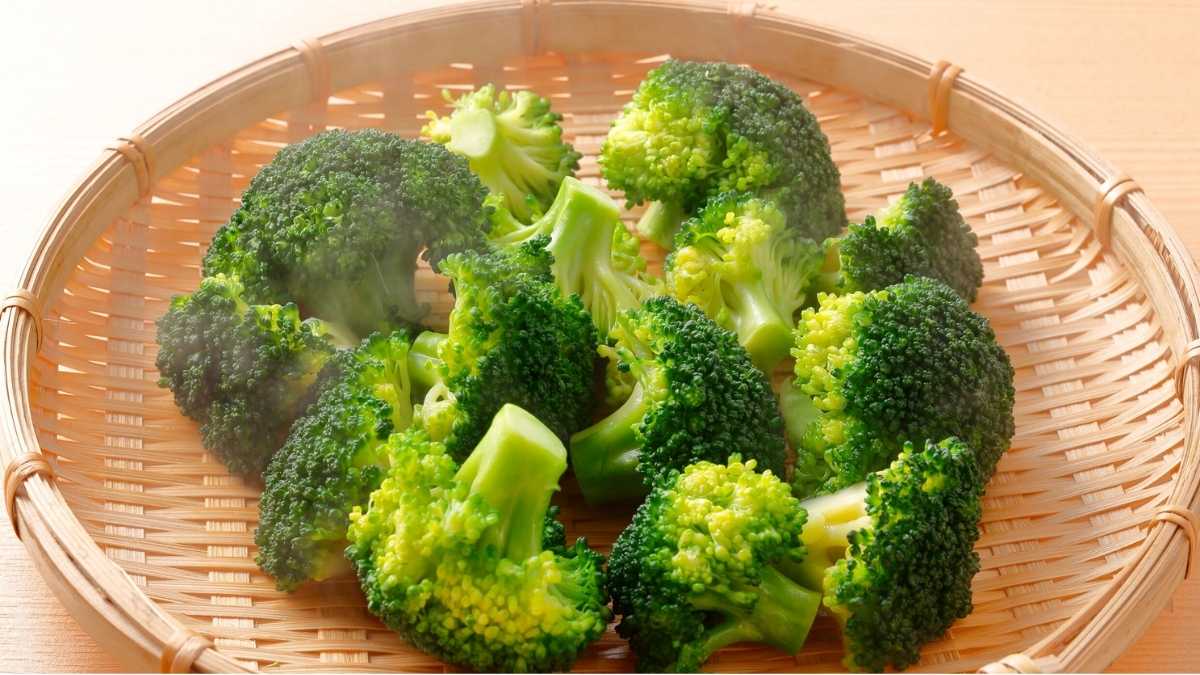
Broccoli delivers 5 grams of fiber per cup. It also contains sulforaphane, a compound that supports digestive health. This vegetable helps good bacteria grow in your gut while fighting harmful ones.
Steam broccoli for 3-4 minutes to keep the most fiber and nutrients. Overcooking breaks down the fiber and makes it less effective. You want the broccoli bright green and slightly crisp.
Kids often dislike plain broccoli. Try roasting it with olive oil and garlic until the edges get crispy. Add a squeeze of lemon juice or sprinkle of parmesan cheese. These flavors make broccoli taste much better.
You can also add broccoli to stir-fries, soups, and pasta dishes. Frozen broccoli works well in cooked dishes. Fresh broccoli tastes better raw in salads or with dips.
9. Quinoa (5g fiber per cup cooked)
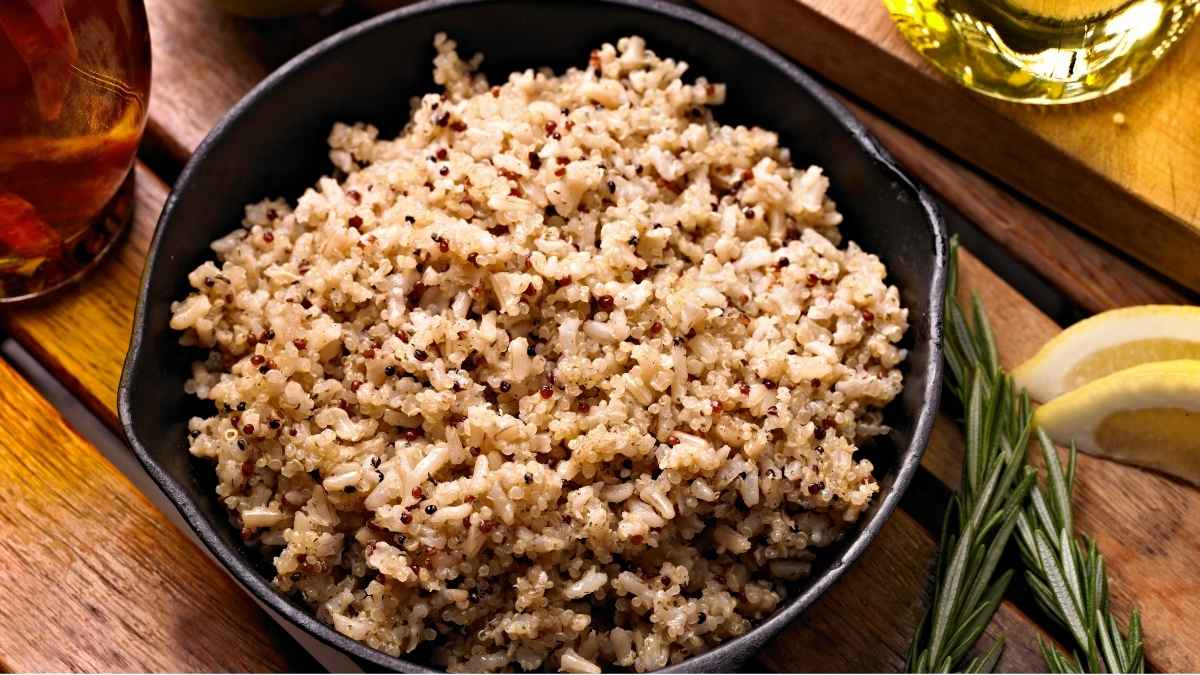
Cooked quinoa contains 5 grams of fiber per cup. It’s also a complete protein with all essential amino acids. This combination makes quinoa perfect for vegetarians and anyone wanting natural constipation relief.
Rinse quinoa well before cooking to remove its bitter coating. Use two cups of water for every cup of quinoa. Bring water to a boil, add quinoa, then reduce heat and simmer for 15 minutes.
Plain quinoa tastes bland, but it absorbs flavors well. Cook it in vegetable or chicken broth instead of water. Add herbs, spices, or lemon juice after cooking. These simple additions make quinoa much more interesting.
Use quinoa instead of rice in stir-fries and grain bowls. Mix it into salads for extra protein and fiber. You can also use quinoa flour in baking for added nutrition.
10. Sweet Potatoes (4g fiber per medium potato)
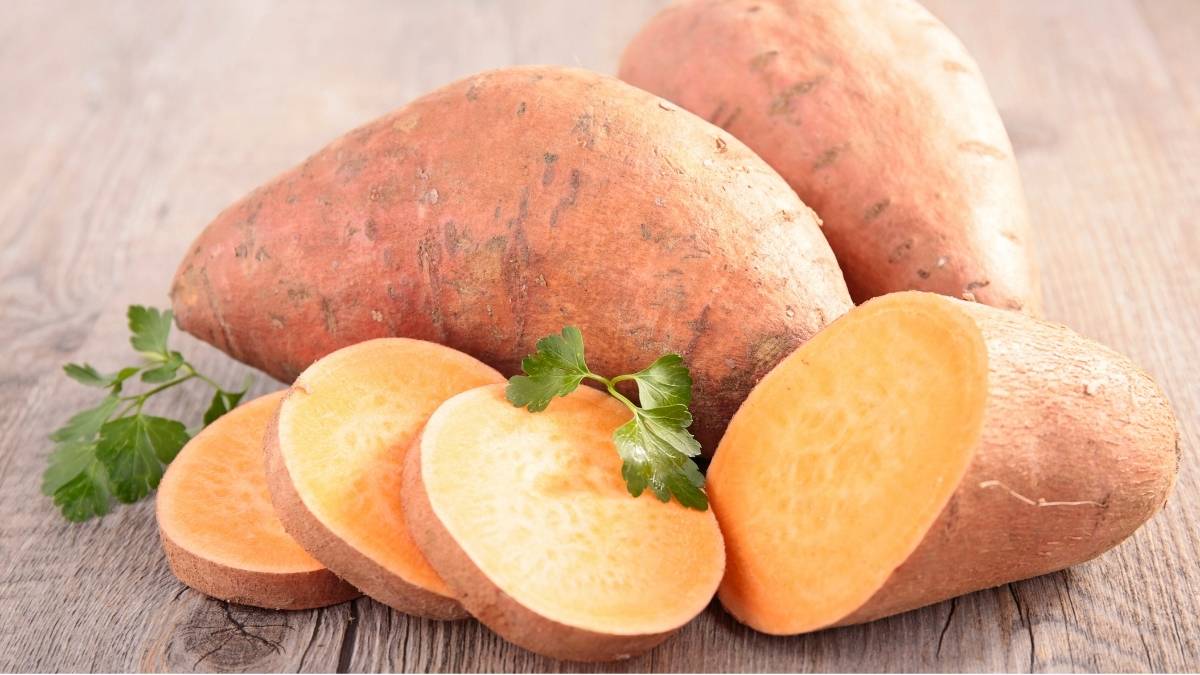
One medium sweet potato provides 4 grams of fiber. Sweet potatoes also contain resistant starch, especially when cooled after cooking. This starch feeds good bacteria in your gut and helps with digestion.
Eat the skin for maximum fiber. The skin is perfectly safe and adds nutrients. Wash the potato well before cooking, but don’t peel it. The skin contains most of the fiber and many vitamins.
Baking gives the best texture and flavor. Pierce the skin with a fork and bake at 425°F for 45-60 minutes. The potato should give when you squeeze it gently. Roasting cut pieces works faster and creates caramelized edges.
Try sweet potatoes in different ways. Mash them like regular potatoes. Cut them into fries and roast with olive oil. Add them to soups and stews. Their natural sweetness works in both savory and sweet dishes.
These high fiber foods will help get your digestive system back on track. Start slowly and drink plenty of water. Your body will thank you for the natural constipation relief.


